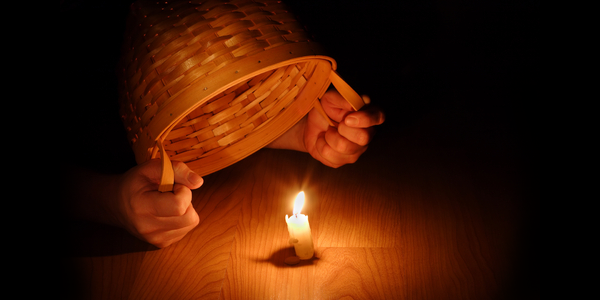
by Nathaniel Torrey
Addressing the World Council of Churches (WCC) this past Friday, Metropolitan Hilarion Alfeyev, the public face of the Russian Orthodox Church, says the continued relevance and existence of the WCC depends on how effectively it addresses challenges facing Christians throughout the world. He identifies two major challenges: militant secularism and radical Islamism. These challenges, he says, threaten Christian civilization and the essential nature of the human person. He says:
Unfortunately, manifestations of discrimination with regard to the Christian minority can no longer be treated as separate incidents: in some regions of the world they have become a well-established tendency. As a result of the continuing conflict in Syria the number of murders of Christians has increased, churches and holy sites have been destroyed. The Copts, the original inhabitants of Egypt, have today become a target for attacks and riots, and many have been forced to abandon their own country.
Met. Hilarion was careful to distinguish between radical Islamism and Islam in his speech. He cites the peaceful co-existence between Christians and Muslims in Russia that Islam is not inherently violent. Radical Islamism, on other hand,
“has as its goal the establishment of a worldwide Caliphate in which there is no place for Christians.”
He calls on not only inter-Christian cooperation to help the plight of persecuted Christians, but also on inter-religious dialogue as well. He commends the work of the WCC to relieving tension in Syria and the Christian-Muslim consultation organized by the WCC held in Lebanon in January 2012.
Regarding militant secularism Met. Hilarion sees it attacking Christianity not only in creating a public square thoroughly sterilized of religion, but also by eroding the natural foundation of society: the family. In no uncertain terms, he said:
Militant secularism is aimed not only at religious holy sites and symbols by demanding that they be removed from the public domain. One of the main directions of its activity today is the straightforward destruction of traditional notions of marriage and the family. This is witnessed by the new phenomenon of equating homosexual unions with marriage and allowing single-sex couples to adopt children. From the point of view of biblical teaching and traditional Christian moral values, this testifies to a profound spiritual crisis. The religious understanding of sin has been conclusively eroded in societies that until recently thought of themselves as Christian.
Countries that offer legal recognition to homosexual couples are
“…taking a serious step towards the destruction of the very concept of marriage and family.”
Traditional gender roles with the mother as “the guardian of the domestic hearth” and the father as the
“educator of his children in being social responsible”
are being undermined. He condemned politicians who endorse same-sex marriage and legalized abortion as
“pronouncing upon their peoples a death sentence”
as their policies lead to an inevitable demographic crisis.
Echoing sentiments of Russell D. Moore, the president of the Southern Baptist Convention’s Ethics and Religious Liberty Commission, Met. Hilarion says the Church must reclaim its prophetic voice in these tumultuous times:
Is not one of the most important tasks of the WCC to discern the will of god in the modern-day historical setting and proclaim it to the world? This message, of course, would be hard to swallow for the powerful of this world. However, in refusing to proclaim it, we betray our vocation and in the final run we betray Christ.
All words Christians need to hear and take heed of, if they have ears to hear.
Here are Met. Hilarion’s comments in full.